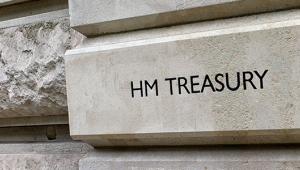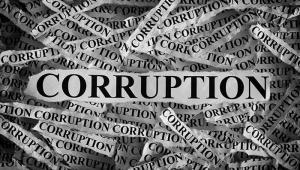The director of OECD’s governance division Marcos Bonturi and head of integrity Janos Bertok said the international community should encourage countries to move towards being more transparent, following the organisation’s Global Anti-Corruption and Integrity Forum last week.
Bonturi told PF International: “It’s about working together to create the conditions that help the domestic forces that are pushing for less corrupt governments and more open societies, more transparent budget processes and public finances - that they are actually strengthened and supported.”
A high-risk area for corruption is public procurement. On average, in OECD countries, 29.5% of corruption goes through public procurement, Bertok said.
“The biggest problem is that it [corruption] is happening,” he said.
Last week’s OECD’s event, ‘Integrity for fair globalisation’, also heard international leaders call for countries to fight corruption to help meet the sustainable development goals.
PF International understands just three out of the 26 most developed countries have a plan in place to deal with the risks of corruption.
But the efforts to tackle corruption must happen at both a national and international level, the OECD heads said.
Bonturi said the two go hand-in-hand when it comes to fighting corruption. He said: “You cannot advance international cooperation on corruption unless you have the right frameworks domestically.
“It is very important that you think of the two as part of the same effort to prevent corruption, which is both an international and a domestic phenomenon.”
He added: “It is something that affects all countries… Every single country in the world is at risk of corruption.
“There is no country or population group that is immune to that. It’s internationally a common challenge that we need to address multilaterally through international cooperation.”
The division heads said that this international cooperation could be through assisting each other with capacity building and peer-learning.
They added that even advanced countries, who have done more in battling corruption, could learn from governments that are still putting measures into place and that "the learning curve goes both ways".
They added that the international community has a role to encourage countries to evolve towards being more open, democratic and less corrupt.
Frans Timmermans, first vice president of the European Commission, told the forum, of nearly 2,000 participants, that transparency was key. He said he would “urge all nations” to adapt transparency measures for a fairer society.
More than 115 countries participated in the OECD’s event in Paris last week.







